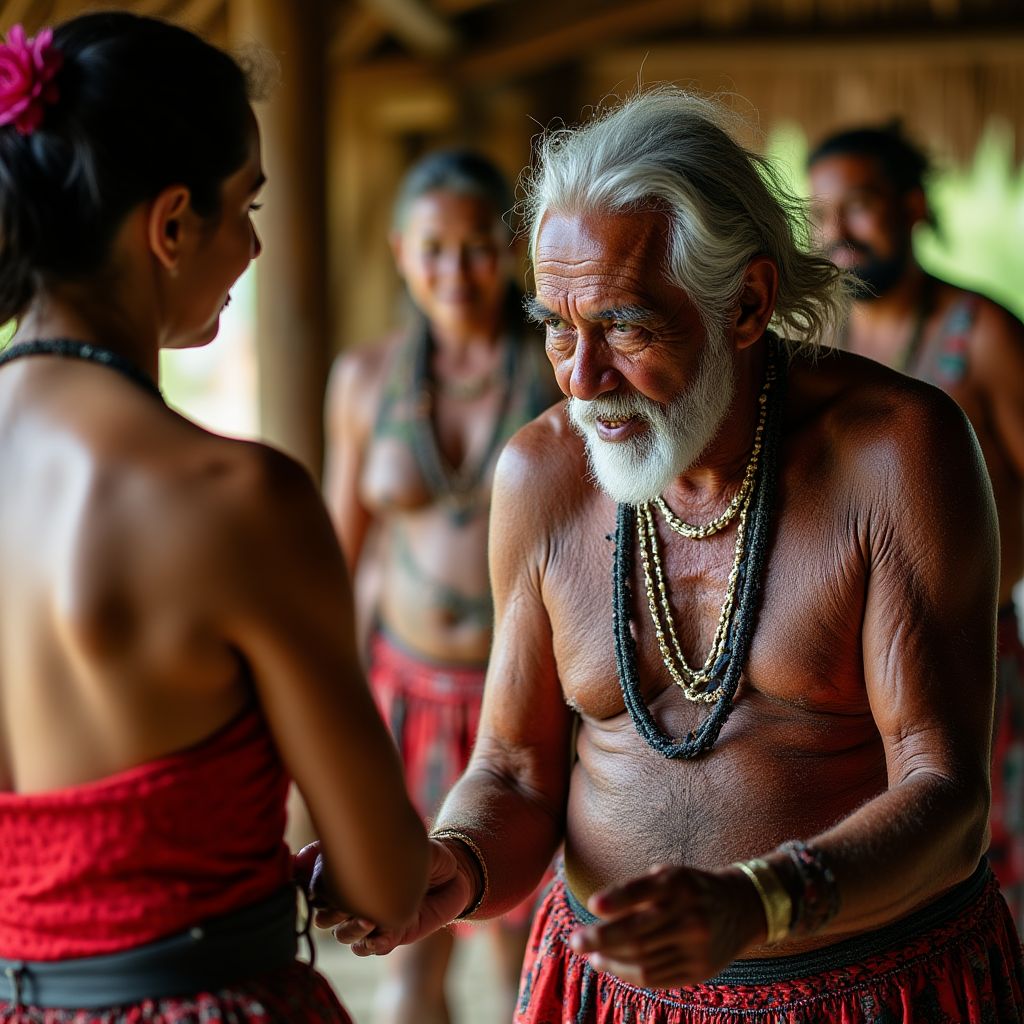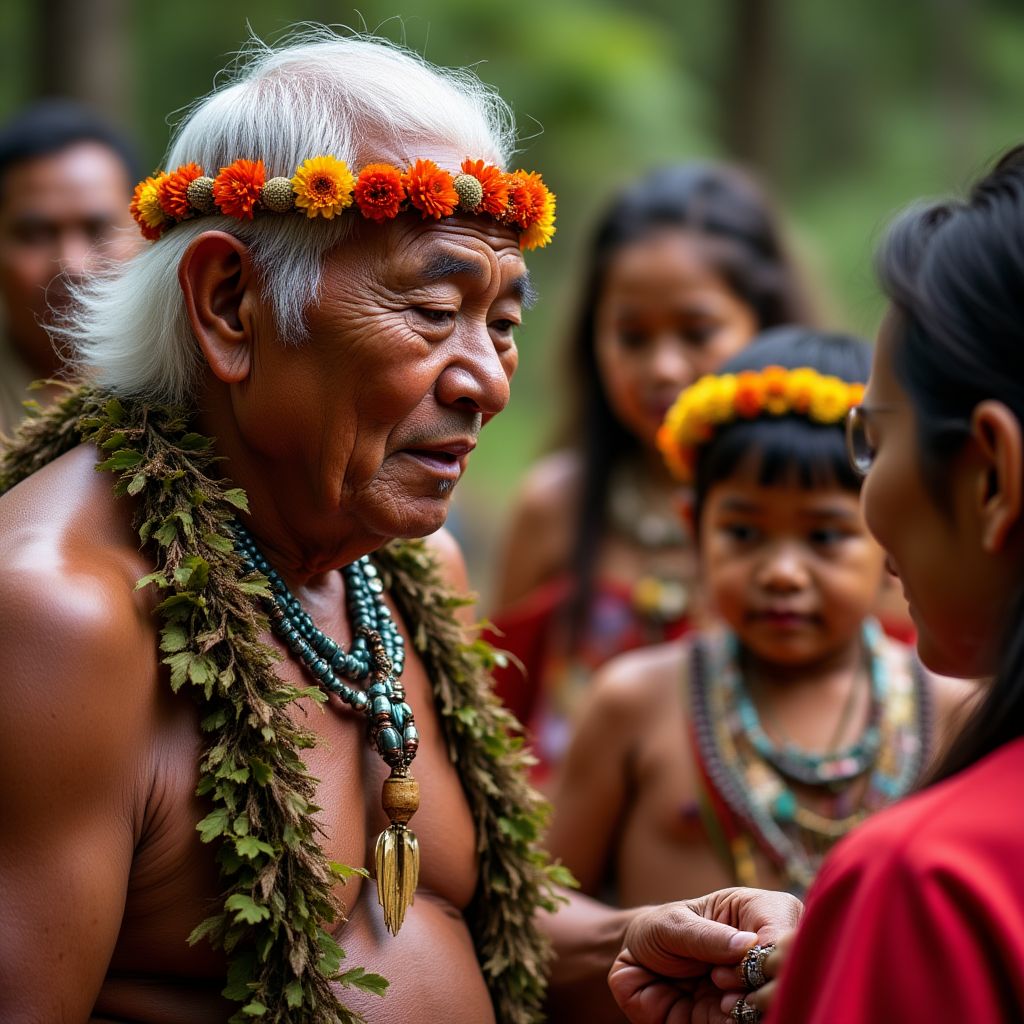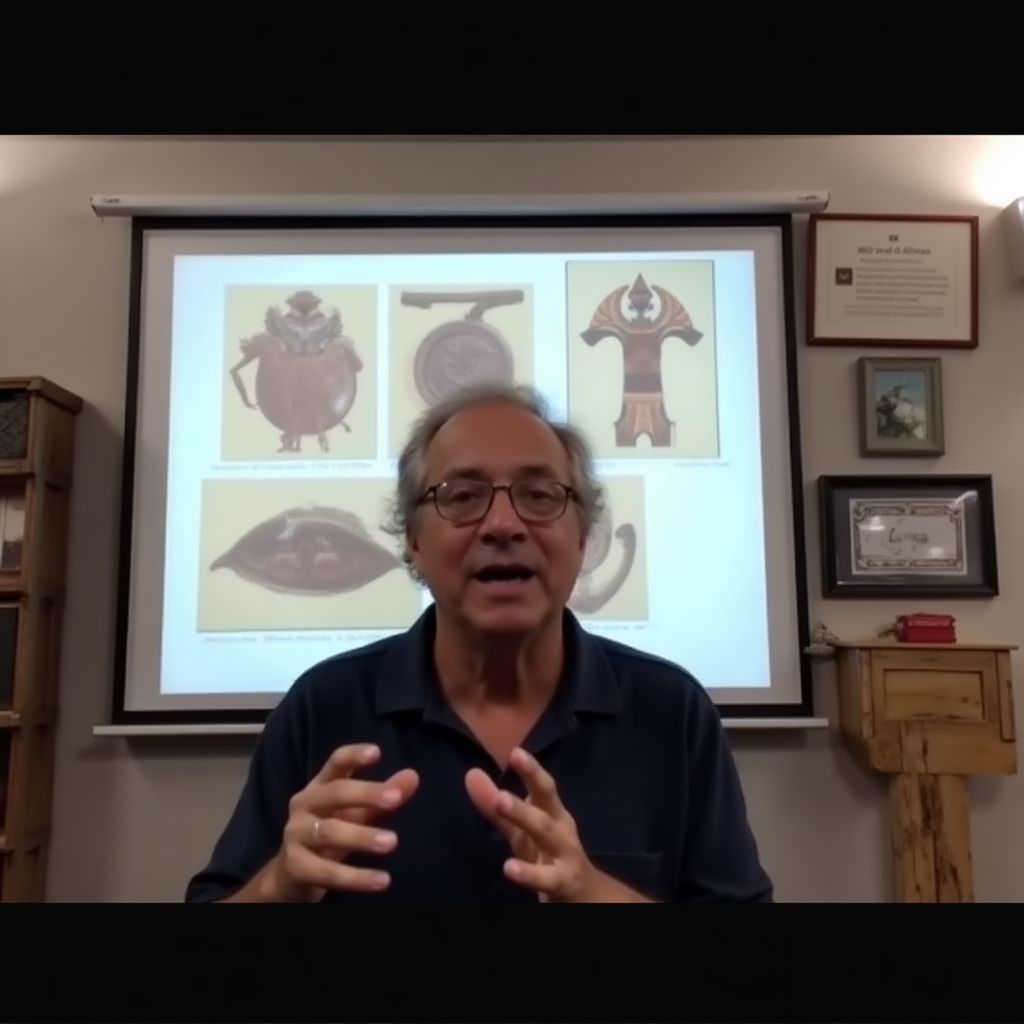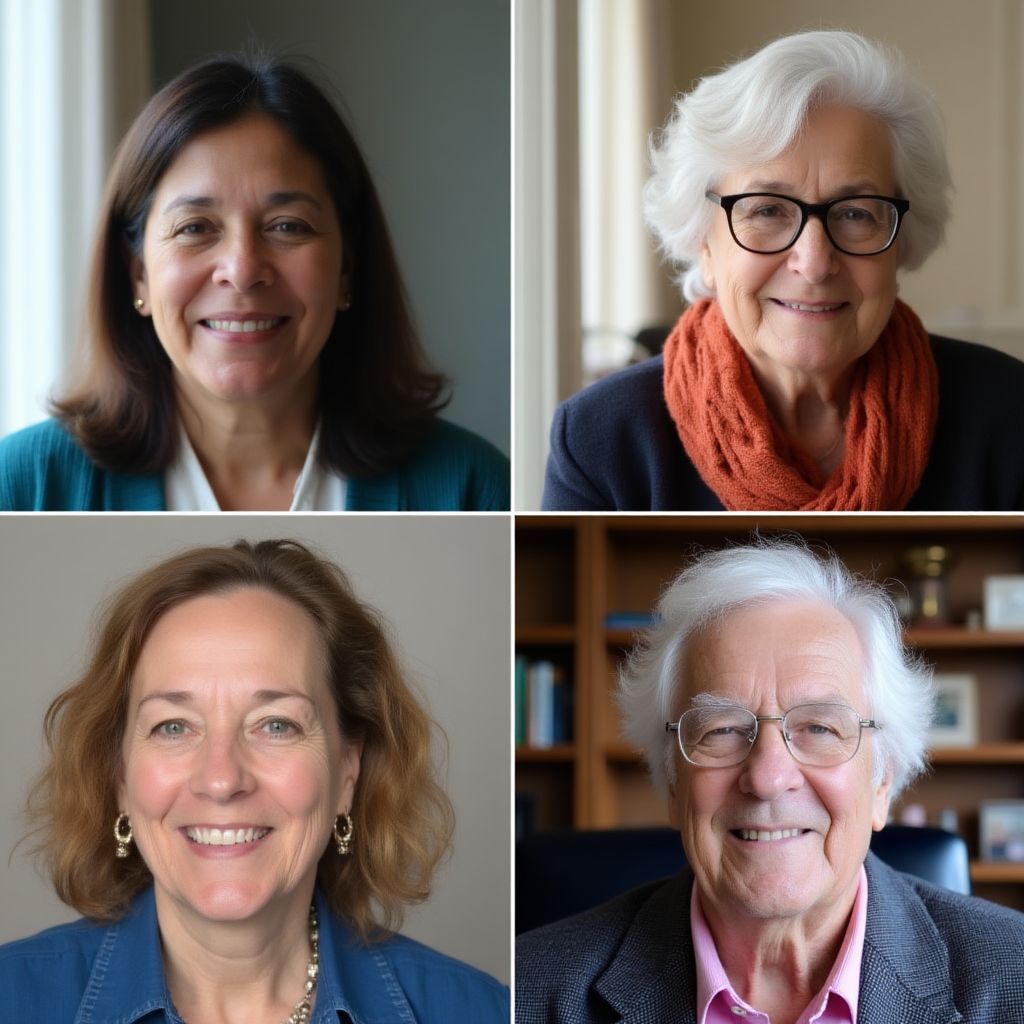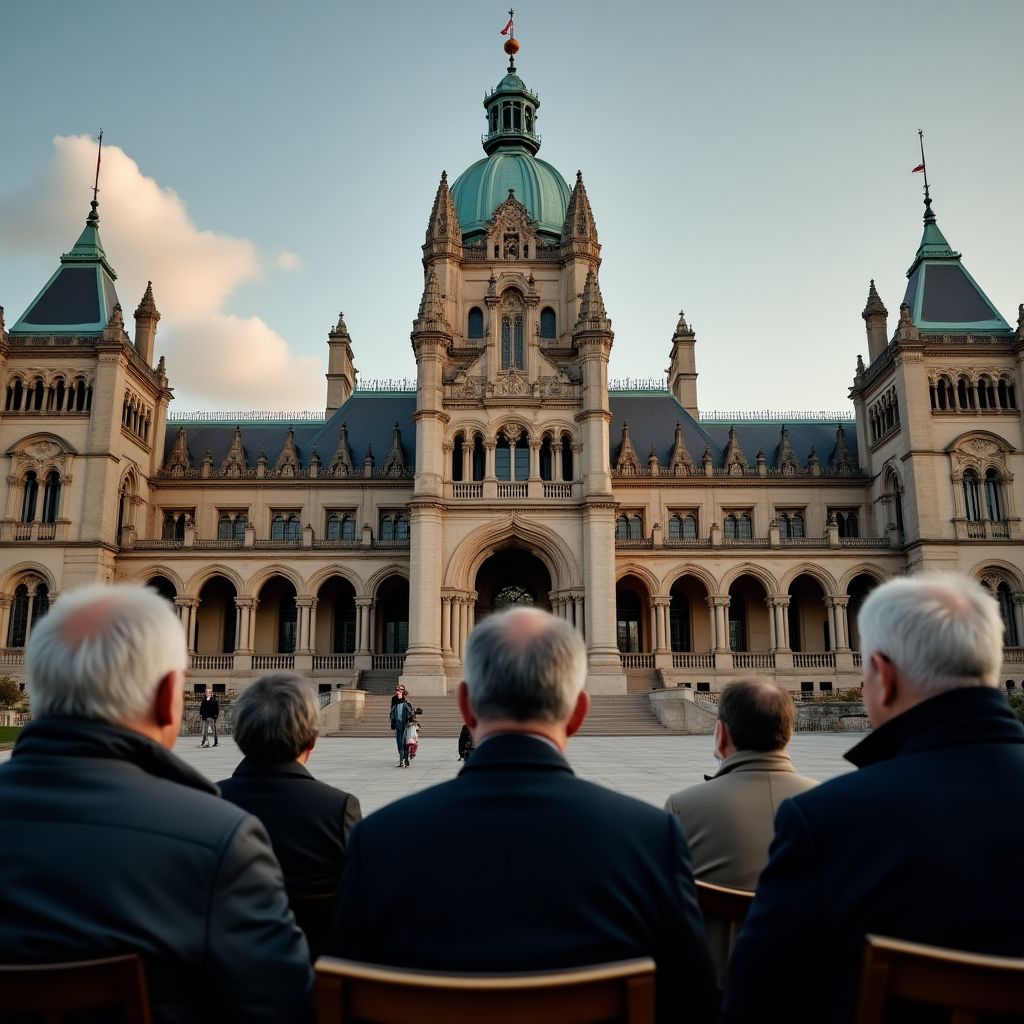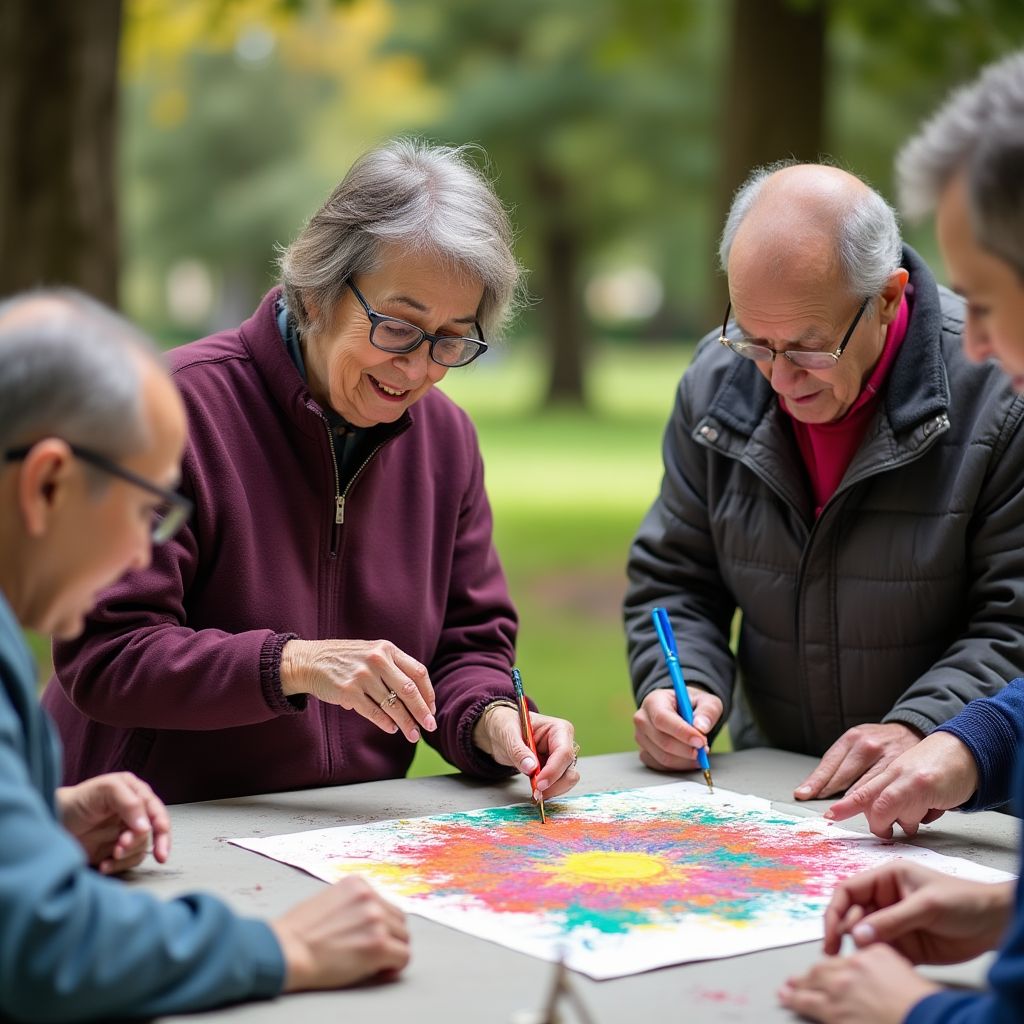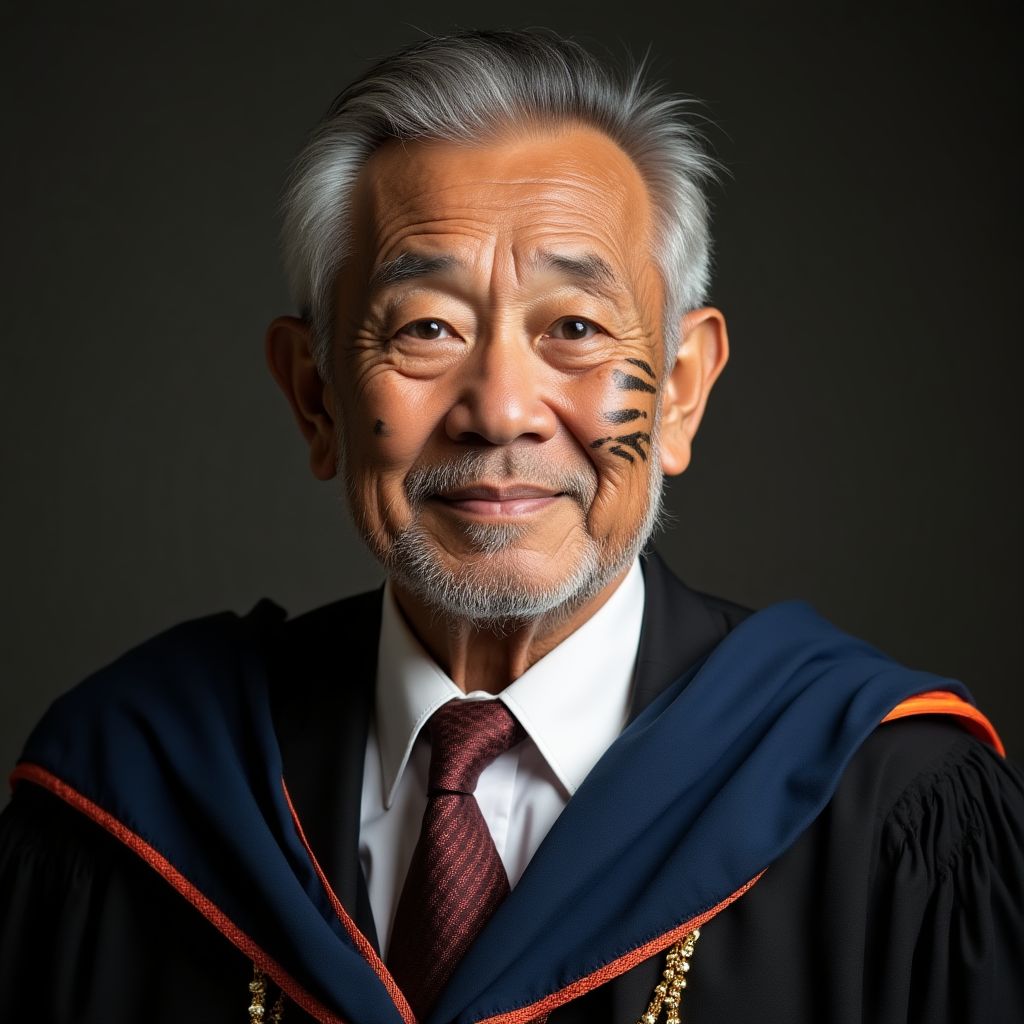New Zealand's approach to elderly care is deeply rooted in both Māori traditions and European influences, creating a unique cultural tapestry that honors the wisdom and contributions of seniors. In traditional Māori society, kaumātua (elderly) hold esteemed positions as keepers of cultural knowledge and tribal history, serving as crucial links between generations. This reverence for elders has influenced broader New Zealand society, where respect for the aged transcends cultural boundaries.
The modern New Zealand system evolved significantly after World War II when the welfare state expanded to include comprehensive support for the elderly. The introduction of universal superannuation in the 1970s established financial security as a cornerstone of elderly care, reflecting the nation's commitment to supporting its aging population. Throughout the subsequent decades, New Zealand has continually refined its approach, balancing government support with community involvement and family care traditions.
Today, New Zealand's elderly care system represents a thoughtful blend of public services, private options, and community-based support networks. The aging population has prompted innovative approaches to retirement living, healthcare, and social engagement for seniors. What distinguishes the New Zealand model is its emphasis on maintaining independence and dignity while acknowledging the critical importance of cultural connections and community involvement for elderly well-being.
